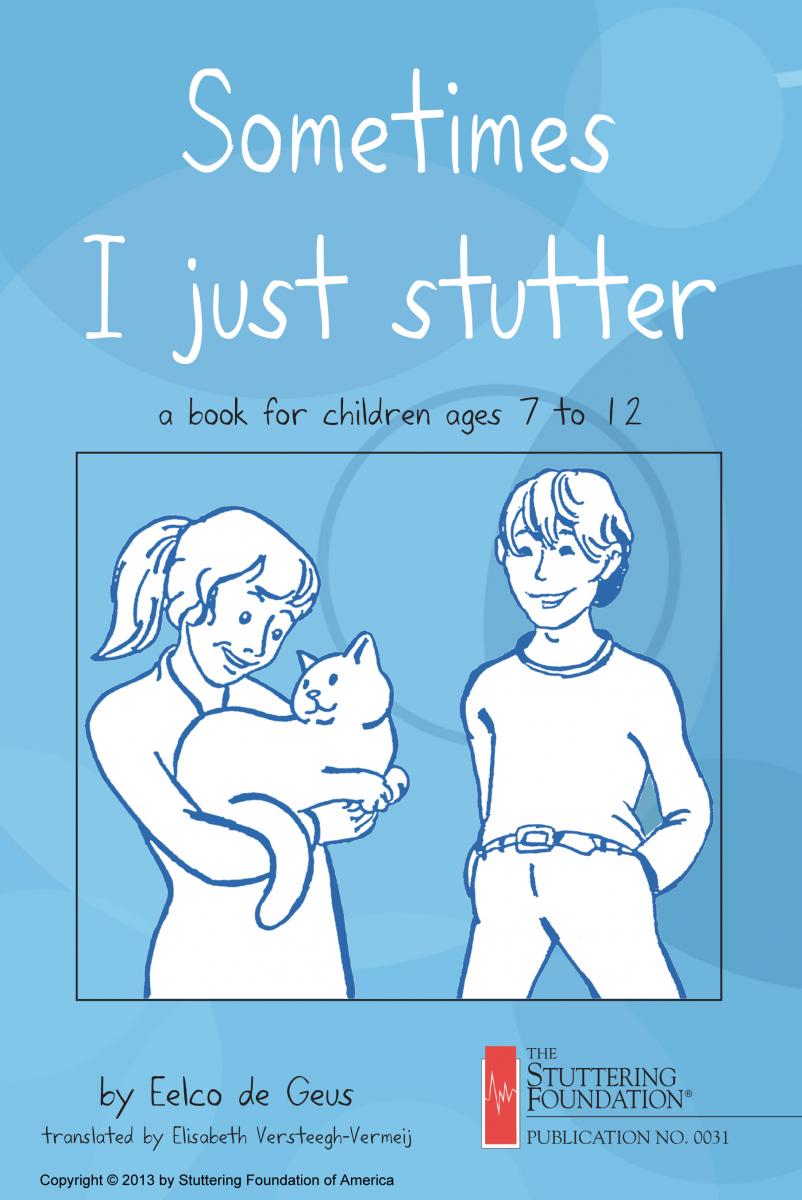An excerpt from the book Sometimes I Just Stutter
By Eelco de Geus
Your grandchild needs your understanding and support because he has a serious problem. He has difficulty talking and sometimes stutters a lot. You probably find this hard to understand; most people do. One day your grandchild has hardly any difficulties, another day the stuttering is very prominent and hard to cope with. Please do not think your grandchild can do anything about it. Stuttering is a phenomenon that changes from day to day according to external circumstances, and your grandchild may not have power to modify his speech.
His visit to you may be connected with pleasurable excitement, and any kind of excitement can elicit stuttering. So it is quite possible your grandchild stutters a lot when he is with you. We ask you to understand this, and we hope you will be supportive by not making remarks about the way he expresses himself. If you do, the child will feel pressured to “talk better.” That will make him more tense and so increase rather than lessen the severity of the stuttering.
It may be hard for a child to repeat what he has just said because others have not understood it. Stuttering may make your grandchild less easy to understand, especially if your hearing is not what it used to be. Then he may have to repeat the same words several times. Many youngsters find this very embarrassing.
I do not mean to say that you should not ask the child to repeat anything. It is important for you to have real contact. But you can make things easier by paying attention to details like good lighting so you can see each other clearly and have the child right next to you so you can hear better. If the radio or TV is on or the vacuum cleaner going somewhere, you might consider turning them off when you plan to talk together. These details are important in making things pleasant for both of you.
Everything runs more smoothly when we feel relaxed, and this is certainly true for your grandchild’s speech. We can relax when we feel safe and at ease. You might consider other means to help your grandchild feel that way when he or she is with you—like giving him a big hug now and again to show your appreciation, by remembering to play his or her favorite game, or by having small outings together. On behalf of your grandchild, I want to thank you for the support you give.






 Podcast
Podcast Sign Up
Sign Up Virtual Learning
Virtual Learning Online CEUs
Online CEUs Streaming Video Library
Streaming Video Library